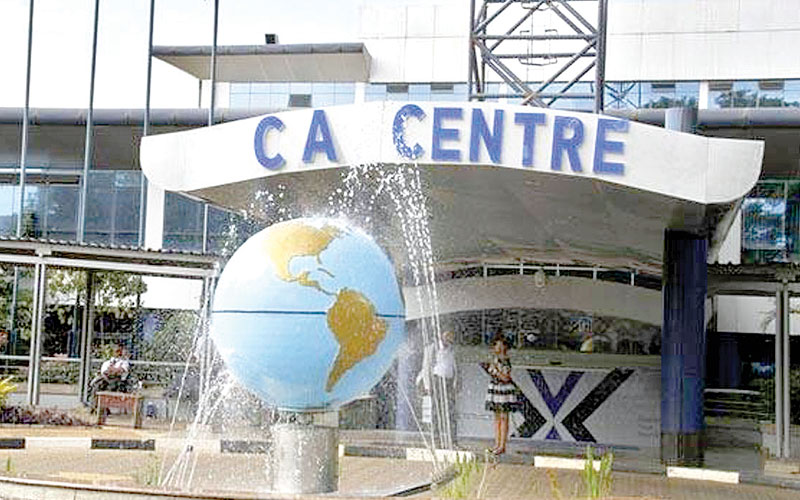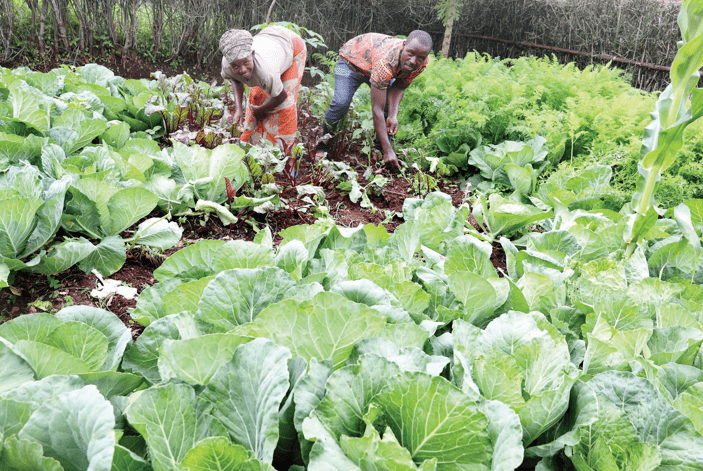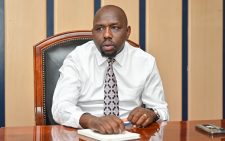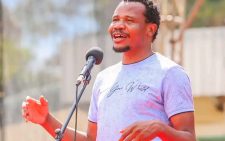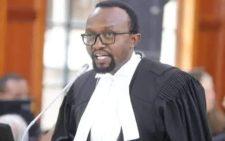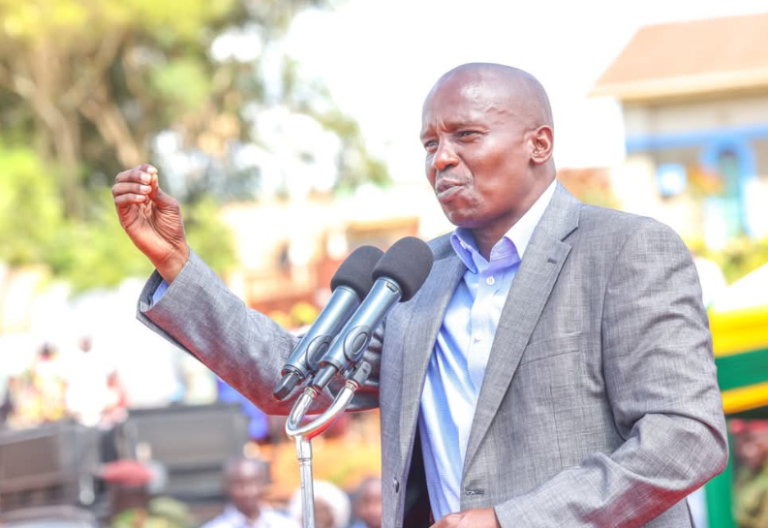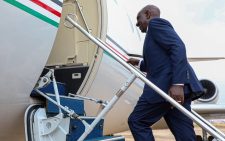State retracts, makes maths compulsory in senior school

The government has backtracked on its plans to make mathematics in senior school optional.
Basic Education PS Julius Bitok yesterday clarified that the subject will remain compulsory up to senior secondary.
He announced that the government has formed a technical committee to operationalise the policy.
Responding to a delegates seeking clarification on the issue during the National Conversation on Competency-Based Education, Bitok stated that the technical committee will work closely with the Kenya Institute of Curriculum Development (KICD) to refine the position.
“I believe that maths is important for all learners. And in order to operationalise that policy direction, a technical committee has been formed to work closely with KICD to refine the position because our position is that there was a very strong feeling from the CS that we need Maths up to senior school,” he said.
Learners interests
However, there will be a difference in depth for students pursuing STEM (Science, Technology, Engineering, and Mathematics) in terms of the number of units as opposed to those pursuing Arts, Sports, and Social sciences.
“But now what we want to make different is the depth. For those who are doing STEM and focusing on technology, mathematics and sciences, their Maths will be more different in terms of the number of courses, the number of units they will do,” he added.
Speaking during the event at Kenyatta International Convention Centre, KICD CEO Charles Ong’ondo, opined that the CBC curriculum in terms of science emphasises the learners interest as they are aware that leaners will be ‘wired’ differently based on their demonstrated potential.
“Our curriculum must emphasise the interests of the learner. Those interests are held on demonstrated potential through the earlier levels of education. Hence, the fact is that we have to take care of the fact that a learner will be wired a little differently in terms of the preferred science,” said Prog Ong’ondo.
Changing interests
He added that the curriculum cannot be static. It must continually adapt to meet the changing interests of learners and the evolving aspirations of our country.
“The curriculum is never fixed or slow. It changes according to the aspirations of the country. And that’s why this conversation has seemed very timely. For us, we are very certain about a meeting like this. Any concerns that come up, we shall find ways of complementing the curriculum, so that then, we serve the interests of the country,” he added.
On his part, Kenya National Examinations Council CEO David Njengere, emphasized the need for fidelity to the mission of the CBC, which is to identify and nurture the potential of learners when developing curriculum, implementing it, or at the point of assessments.
“And that’s what should ideally guide the conversations that we have. What did we set out to do? Why are we engaged in this course? It’s not for the sake of it. It is to make sure that we nurture every learner’s potential. So whether it is at the curriculum level or at implementation or in assessment, we are all pulling in the same direction of making sure that every learner who goes through CBC has their potential identified and nurtured,” said Dr Njengere.
Education Cabinet Secretary Julius Ogamba also weighed in on making maths compulsory.
“One of the biggest take-aways from today’s conversation has been our resolution that we will offer mathematics as a compulsory subject for all students in Senior School. Consequently, we have set up a technical team that will work with the experts from the Kenya Institute for Curriculum Development to determine the modalities of offering mathematics in the Senior School level,” CS Ogamba said.
He added: “This conversation has also buttressed the need to speed up the formulation and processing of the Sessional Paper and relevant legislation to anchor the Competency Based Education.”
The announcement followed a heated public debate triggered by a proposal to allow senior school students under the CBC to pot out of mathematics in favour of other subjects.

